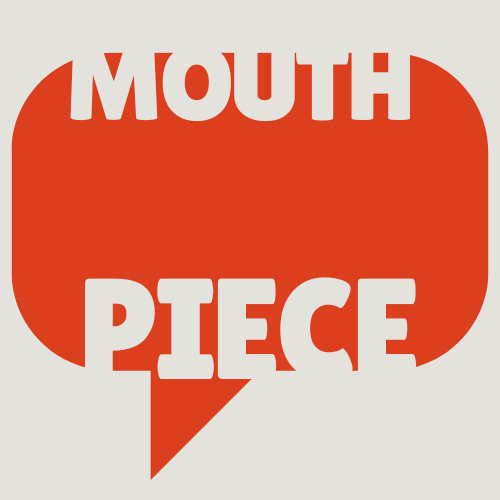Language is more than a means of communication – it is a tool of power. The words we choose, the dialects we speak, and the way language evolves shape our identities, reinforce social hierarchies, and dictate political realities. Throughout history, language has been wielded as a weapon, suppressed to erase cultures, or strategically manipulated to control narratives. Whether in aristocratic salons, digital discourse, or climate activism, language reflects the forces that govern our world.
At the heart of this project lies one essential question:
If language is power, how can we reclaim it?
The Three Pillars of Linguistic Power
- Language as a Status Marker
Speech has always been a marker of class, authority, and belonging. From the polished rhetoric of the elite to the coded slang of online communities, language signals social status and access to power.- Who decides what is "correct" language, and why?
- How do dialects and vocabulary shape privilege, discrimination, and digital prestige?
- Linguistic Suppression & Survival
Colonialism, globalization, and political dominance have historically determined which languages thrive and which fade into obscurity. The erasure of indigenous languages, the struggle for linguistic identity, and the revival of endangered dialects are all a part of a broader battle for cultural survival.- Who controls language, and who resists?
- What happens when a language disappears – and what does that mean for those who speak it?
- The Weaponization of Language
Words frame reality. Politicians, media, and activists use language to shape narratives, control public discourse, and influence perception. Whether through misinformation, censorship, or the rhetoric of protest, language has the power to mobilize or suppress.- How is language manipulated to control or liberate?
- What role does language play in movements for justice, environmental activism, and political change?
The Future of Language: A Struggle for Power
This project is not just about how language evolves – it's about who controls that evolution. Who benefits from shaping the way we speak, write, and communicate? And can shifting the way we use language alter power dynamics in politics, class, and culture.
If words define power, then rewriting the narrative might just be the most radical act of all.
